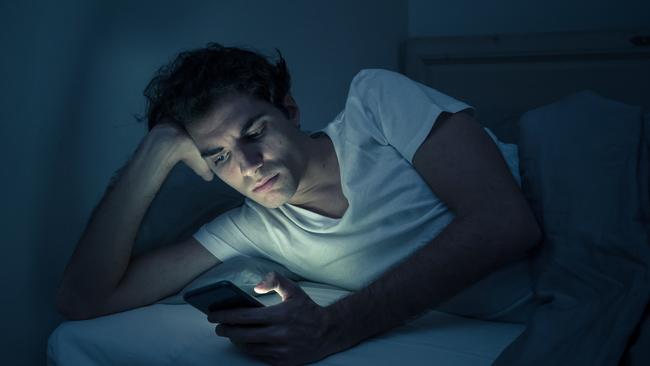Stroke risk a wake-up call for bad sleepers
Insomnia significantly increases the risk of suffering a stroke, especially among those under 50, new research suggests.

Insomnia significantly increases the risk of suffering a stroke, especially among those under 50, new research suggests.
People who regularly struggle to sleep have been found to be 51 per cent more likely to have a stroke, and scientists say insomnia increases inflammation in the body, which in turn can damage blood vessels, leading to strokes.
The study, led by Virginia Commonwealth University in the US, followed 31,126 people with an average age of 61 for nine years. During the period, 2101 had a stroke, which occurs when blood supply to part of the brain is cut off, usually by a blood clot.
The participants were questioned about their symptoms, including how often they found falling asleep difficult, whether they woke up during the night regularly, whether they had trouble with waking up too early, and how often they felt rested in the morning.
Scores ranged from zero to eight, with a higher number meaning more severe insomnia.
One in five of the participants scored between five and eight, meaning they struggled to sleep most nights, and this group were 51 per cent more likely to have a stroke than those with no symptoms. Those scoring between one and four, meaning they occasionally struggled to sleep, were 16 per cent more likely to have a stroke than those with no sleep issues.
The impact of insomnia on stroke risk was highest in those under the 50, who are at a lower overall risk of stroke. Participants under 50 with severe symptoms had nearly four times the stroke risk of those with no symptoms, while this increased risk fell to 38 per cent in over-50s.
Researchers said the findings proved the importance of intervening to help people overcome insomnia, with support such as cognitive behavioural therapy.
The study was observational, and therefore cannot prove cause and effect. However, the results took into account other factors that could affect the risk of stroke, such as alcohol, smoking and exercise levels.
About 39,500 Australians had a stroke in 2020, while there were 8400 deaths in 2019 for which stroke was the underlying cause, according to the Australian Institute of Health and Welfare.
THE TIMES
ADDITIONAL REPORTING: STAFF REPORTERS



To join the conversation, please log in. Don't have an account? Register
Join the conversation, you are commenting as Logout